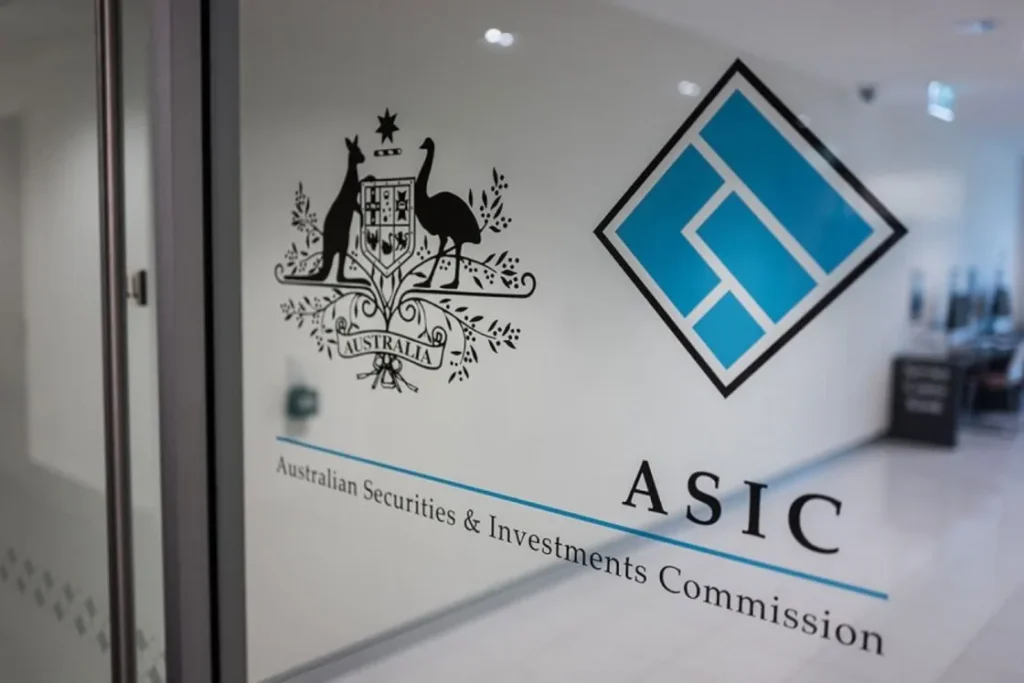Australia’s superannuation system, a $3.5 trillion behemoth meant to secure the retirement of millions, is haemorrhaging money through fraud, unpaid contributions, and sheer waste. For the everyday Australian diligently watching their pay slip, trusting that 11% of their income is building a nest egg, the reality is disheartening. Billions are slipping away—not through market dips or bad investments, but through systemic failures that hit the average worker where it hurts most: their future financial security. One glaring issue is the epidemic of unpaid superannuation, a problem that quietly robs employees while exposing broader vulnerabilities in the system.
The numbers paint a grim picture. The Australian Taxation Office (ATO) reports that around 690,000 workers miss out on $3.5 billion in super entitlements each year—cash employers are legally obliged to pay but don’t. That’s $5,000 per affected worker, on average, vanishing from their retirement savings in 2022-23 alone. The ATO managed to recover just $1.1 billion, leaving a gaping hole that either disappears into insolvent companies or, worse, gets pocketed by dodgy operators.

“Phoenixing”—where businesses collapse to dodge debts like super, only to resurface under new guises—is a notorious tactic here, costing hundreds of millions annually. For the average Australian, this isn’t just a statistic; it’s years of toil evaporating because the system can’t enforce its own rules.

Fraud adds insult to injury. Super funds are prime targets for criminals, with Aware Super reporting $36 million in thwarted thefts in 2024 alone—hacked accounts and identity scams driven by increasingly cunning cyberattacks. The ATO has tracked cases of organised crime looting early-release schemes, like a 2020 sting where 150 victims lost $120,000 to fake identities.
That’s a small fry compared to what’s likely undetected across 24 million accounts. Funds claim they’re bolstering defences, but the Australian Securities and Investments Commission (ASIC) warns their anti-fraud game is years behind the banks’. For workers, it’s a bitter pill: your super’s at risk, and the safeguards aren’t keeping up.

Then there’s the waste baked into the system itself. About 2.5 million Australians juggle multiple super accounts, racking up duplicate fees and insurance premiums that nibble away at balances. AustralianSuper copped a $27 million fine in 2024 for failing to consolidate 48,000 accounts, letting redundant charges bleed members dry over years. Across the industry, the Productivity Commission pegs unnecessary fees at $1.9 billion annually—money that could stay in workers’ pockets but instead pads fund profits. For the everyday Australian, it’s galling: you’re forced to contribute, yet the system can’t even streamline itself to protect your savings.
Government efforts feel like half-measures. Real-time reporting via Single Touch Payroll, rolled out in 2021, was meant to catch non-paying employers early, but the ATO still leans on workers dobbing in their bosses rather than proactively policing it. ASIC’s push for an anti-scam code sounds promising, but without teeth—mandatory penalties or clear accountability—it’s little more than a gesture. And phoenixing? The Albanese government’s been called out for not shutting down these legal loopholes, letting fraudulent employers thrive while workers lose out.

This isn’t about scrapping super—it’s about making it work for the people funding it. Every dollar lost to unpaid contributions, scams, or pointless fees is a hit to the retirement dreams of ordinary Australians. The fix isn’t rocket science: enforce payments with real-time audits, harden cybersecurity, and crack down on funds that can’t clean up their act. Taxpayers aren’t here to bankroll a leaky system; they deserve every cent they’re promised, not a retirement diluted by waste and greed.
